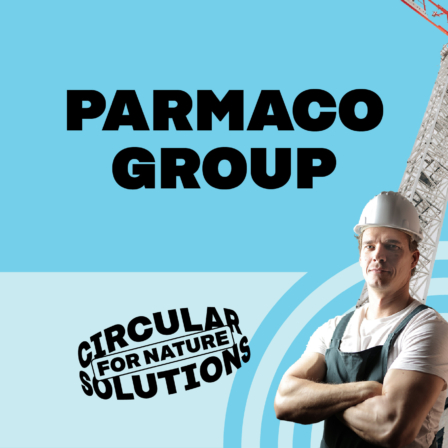Problem
Traditional manufacturing models often require businesses to invest heavily in setting up their own factories, leading to inefficiencies as machinery is idle for part of the time, increasing both costs and impacts on land use. Rigid supply chain structures also make it challenging for companies to adapt swiftly to market demands, with stranded assets a risk, hindering their ability to scale efficiently.
Solution
The concept lets companies outsource the manufacture and logistics of their products to Combi Works, covering aspects such as procurement, purchasing, auditing governance and quality control. The network maximises underused capacity in factories, enabling companies to access the factories on demand.
“The circular economy can redefine value creation by challenging needs altogether. Most companies don’t need a factory, but rather access to a place to produce. Combi Works let their customers focus on their core business.”
Riku Sinervo and Tim Forslund, Sitra
Biodiversity impacts
By taking advantage of the existing infrastructure and optimising underused factory capacity, Combi Works enables companies to rely on existing manufacturing capacity, thereby helping to reduce the need for land-use change for new factories or the expansion of existing manufacturing sites. With a reduced need for machinery, the model also allows for higher usage rates of existing equipment.
Benefits for the company
The factory-as-a-service solution allows companies to focus on what they do best, by taking care of the manufacturing process, which can be scaled without the need for extensive investment in new infrastructure. Combi Works also helps businesses adapt to market demands by adjusting production levels and optimising manufacturing costs, avoiding risks related to stranded assets. The factory-as-a-service model also allows Combi Works to benefit from long-term customer relationships.


































